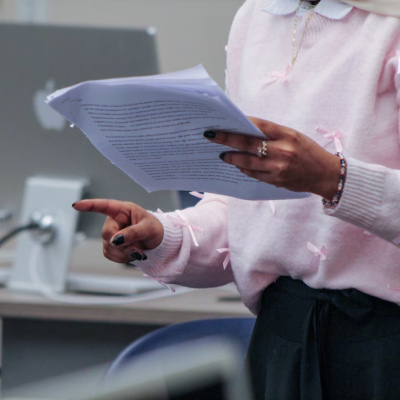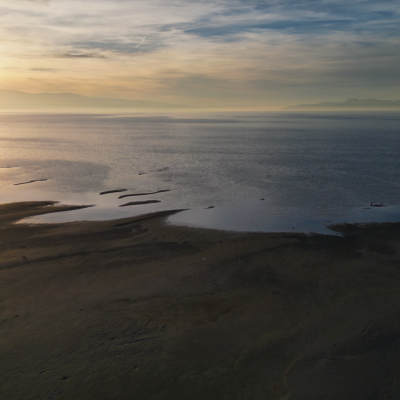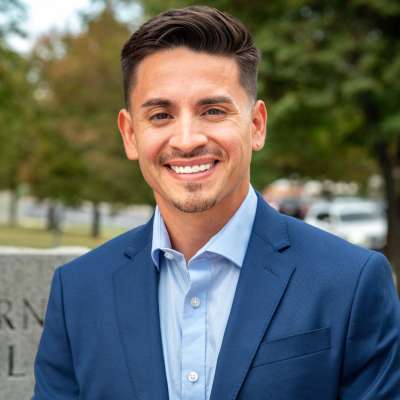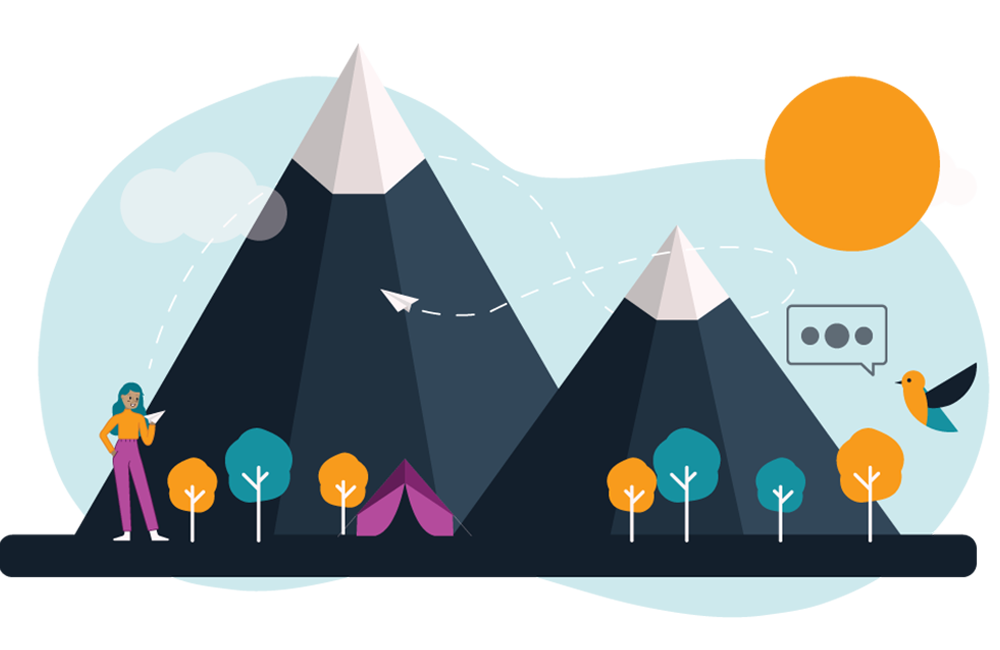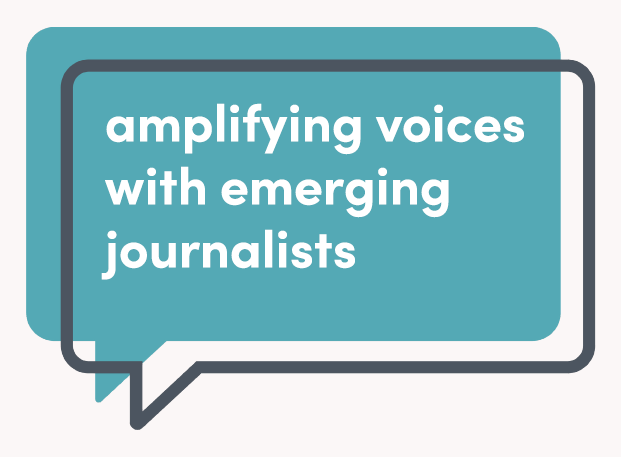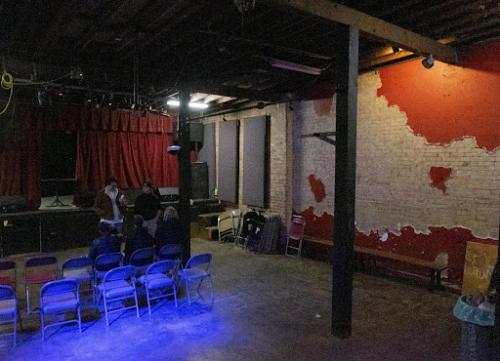Richard Diaz and his family, immigrants from Peru, have made Salt Lake Community College a tradition that crosses generations.
When his parents arrived in Utah, making their first homes in Kearns and West Valley City, they enrolled at SLCC — learning English and completing certificates through the School of Applied Technology. One of Diaz’s older brothers took classes at the college before enlisting in the military, and another brother started studying criminal justice after he finished his military service.
“This institution is written into the story of my family,” Diaz said during SLCC’s annual 360 event in February, “and I believe its impact can also be felt across multiple communities that represent the Latinx diaspora.”
Nearly 20% of SLCC’s student body identify as Hispanic and Latinx, a higher percentage than any other college or university in Utah, as of 2021. Because of that, Utah’s largest two-year college is working to establish itself as a Hispanic-serving institution — an HSI, as designated by the U.S. Department of Education.
To qualify for HSI status, the federal Department of Education requires schools to show at least a quarter of its students identifying as Hispanic. Once the Feds grant an official HSI designation, schools can start applying for and receiving specialized grants.
According to the latest data from the U.S. Census Bureau, nearly 19% of Salt Lake County’s population is Hispanic or Latino. That rate rises to 40% for West Valley City, and 33% for Kearns. Seeking HSI status, school officials said, will help better serve those west-side students.
“As the only higher education institution located on the diverse west side of Salt Lake [County], SLCC is strategically positioned to provide access to higher education to students from these communities,” Diaz said.
Deneece Huftalin, the president of SLCC, echoed that sentiment: “If Salt Lake County is our service area, we need to reflect that service area.”
Diaz and Alonso Reyna Rivarola, another immigrant from Peru, hold directorial staff positions at SLCC, and in December started as co-leads of the school’s Emerging HSI Collaborative Work Team — created to develop and implement a formal plan for SLCC’s effort to earn the federal HSI designation. The work team expects the college to meet the requirements of the designation by 2025.
“To us, at the heart of being an HSI is not just serving Latinx students, but fundamentally re-imagining our practices with [minority] students at the center,” Rivarola said.
The Latinx ‘student experience’
At the February event, SLCC shared data that showed college-age populations in Salt Lake County grew by 53% among Latinx people in 2021, and only 14% among non-Hispanic people.
However, completion rates at SLCC dropped among Latinx students from 2020 to 2021, but rose slightly — despite the pandemic — among other students of color. And the “opportunity gap” — the percentage difference in completion rates between students of color and their white counterparts — widened by 8% among Latinx students over the same period.
That data “speaks again to the idea that student experience isn’t the same across all populations,” said Jeffrey Aird, vice president of institutional effectiveness at SLCC.
The pandemic made worse the existing problems first-generation Latinx students face, said Sendys Estevez, the college’s student success coordinator for Latinx students.
“Just stepping on a college campus and dealing with everything that college is — from college language […] the navigating of two worlds of their life as a Latinx individual, and then being a first-generation Latinx student in a predominantly white institution […] that itself is very overwhelming — can be intimidating,” Estevez said.
For some Latinx students, notably those who are undocumented, Estevez said there’s an added challenge: Not being eligible for federal student aid, so paying tuition is difficult or unfeasible.
Identity and representation
Like Estevez, Diaz works with Latinx students through such programs as Bruin Scholars and Summer Bridge. These programs — which were in place before the HSI team started work — are designed to help incoming high school students from marginalized backgrounds succeed at SLCC by offering peer mentorship, personalized assistance and connection to resources.
“The mere fact that programs like this exist point to larger, systematic issues that many of our [minority] populations face as they transition from high school, or from adult life in [the] workforce, into higher education,” Diaz said.
The age-old problem, Diaz noted, is that colleges rarely have been built with students of color in mind. What most colleges “all have in common is that [they] always, always, always started as predominantly white colleges,” he said.
Diego Pliego Nava, a qualitative researcher who is on the HSI team, presented data that showed roughly 40% of Latinx students reported a lack of belonging at SLCC — and 31% of Latinx students said they could not identify with someone at the college.
“A lot of [Latinx students] felt that [their] status as a non-traditional student impacted the way that they were able to engage socially with others outside just the classroom,” Nava said.
SLCC student Belen Castro Ruiz noted that it’s “important to see role models that look like you.” In three semesters at SLCC, Ruiz said, she had only once seen a Latina professor: Cindy Fierros, an assistant professor of psychology. “She was my role model,” Ruiz said.
School groups at SLCC have put on events aiming to foster representation. For example, in October, the West Valley Center — which holds the college’s Dream Center, an office dedicated to assisting undocumented students – hosted an event, “Redefining Chicanidad,” in celebration of National Hispanic Heritage Month.
The event showcased lowrider cars and bikes built by community members, and people attending were served gorditas, a traditional Mexican dish. The event also featured workshops, presented by Hispanic educators, which broadened the scope of the term “Chicanidad” — a word used to describe people of Mexican heritage born in the United States — and promoted education by engaging Hispanic cultural identity.
What happens next
The 25 SLCC staff and faculty on the HSI work team meet monthly — and one question often asked, Diaz said, is what the initiative means for students who are not Latinx.
“There’s a saying that goes ‘rising tides raise all boats,’” Diaz said. “If we’re serving this group, this community that has been marginalized for years […] and we have a framework in which how we do this, we can use the same framework to serve other students and other communities that have been marginalized just the same or more.”
The goal, Estevez said, is not to focus on any one group of students — because that would replicate an issue the school is working to fix. “We’re not gonna get it right 100% of the time,” Estevez said, but she remains confident that the desire of SLCC’s staff and faculty to better serve students will promote success.
“We want to serve anyone that walks through our doors the best way that we can, given who they are, what it is that they want to accomplish, and what their vision is for that,” she said.
Cristian Martinez wrote this story as a journalism student at Salt Lake Community College. It is published as part of a collaborative including nonprofits Amplify Utah and The Salt Lake Tribune.
###
NOTE TO MEDIA PARTNERS PUBLISHING WORK
We also request organizations include the following text either at the beginning or end of the story text :This story is jointly published by nonprofits Amplify Utah and [Your Media Organization's Name] to elevate diverse perspectives in local media through emerging journalism. Cristian Martinez wrote this story as a journalism student at Salt Lake Community College. For more stories from Amplify Utah, visit amplifyutah.org/use-our-work.







